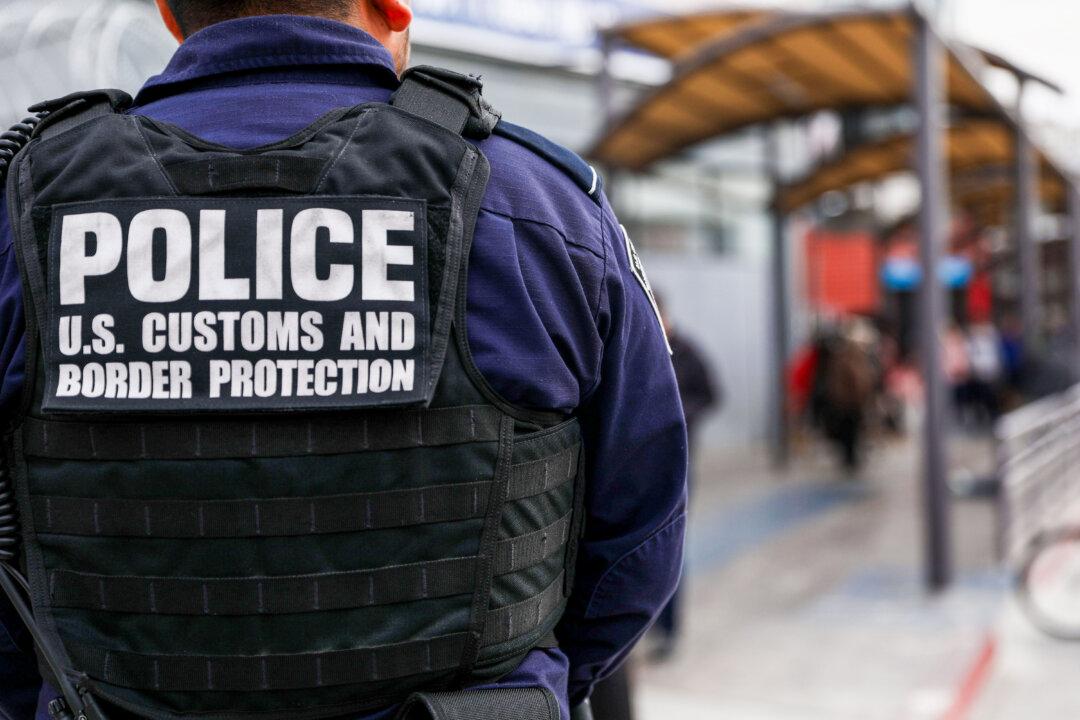Acting Secretary of the Department of Homeland Security (DHS) Benjamine Huffman issued a directive on Thursday authorizing more federal law enforcement officers to locate and arrest illegal immigrants in the United States.
The mandate grants authority to Department of Justice (DOJ) law enforcement officials in the U.S. Marshals, Drug Enforcement Administration (DEA), the Bureau of Alcohol, Tobacco, Firearms and Explosives (ATF), and the Federal Bureau of Prisons (BOP) to investigate and apprehend illegal immigrants.




